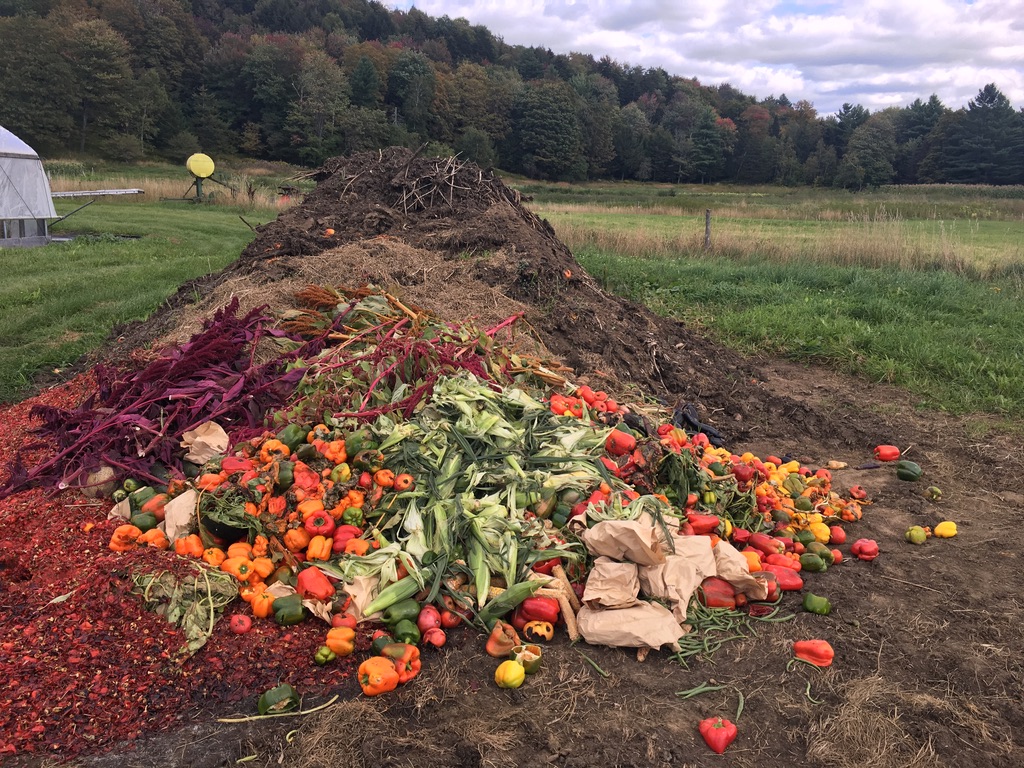Why Compost in Florida

Starting a compost pile in Central Florida offers numerous environmental and practical benefits, thanks to our unique climate and the natural cycle of organic materials. Here's a look at the advantages of composting in Florida:
Optimal Climate for Decomposition
Our warm temperatures and high humidity provide ideal conditions for composting. Organic matter breaks down more rapidly in such climates because heat speeds up microbial activity, and moisture helps sustain it. This means that composting in Florida can be more efficient than in colder regions, yielding nutrient-rich compost faster.
Reduction of Yard and Food Waste
We generate large amounts of yard waste, such as grass clippings, leaves, and plant trimmings, especially during the growing season. Instead of sending this material to landfills, where it takes up space and releases harmful methane gas, a compost pile can help divert a significant portion of this waste. Likewise, kitchen scraps such as fruit peels, coffee grounds, and vegetable trimmings can be composted, further reducing household waste.
Improved Soil Health
Sandy soils often need more organic matter for retaining moisture and nutrients. Compost acts as a natural soil conditioner, enriching the soil with organic content that helps retain water, making plants more drought-resistant. It also enhances soil structure and aeration, leading to better root growth and a healthier ecosystem for beneficial organisms like earthworms and microorganisms.
Water Conservation
Compost improves soil's ability to hold water, which is especially valuable in Florida's frequent drought conditions. Using compost, you can reduce the need for frequent watering of your garden or lawn, conserving water—a critical resource, particularly during the dry season.
Reduction in Chemical Use
Enriching your soil with compost reduces the need for synthetic fertilizers and pesticides, which can leach into waterways and contribute to environmental problems such as algal blooms and water pollution. Compost provides a natural source of nutrients for plants, promoting healthier growth and reducing reliance on chemical treatments.
Cost Savings
Using compost in your garden means you'll spend less on commercial fertilizers, soil conditioners, and water. Over time, these savings add up, especially for homeowners maintaining large lawns, gardens, or farms.
Environmental Benefits
Composting helps reduce greenhouse gas emissions from landfills and lowers the overall carbon footprint by recycling organic waste. It also promotes sustainability by keeping waste within a local cycle of reuse.
Starting a compost pile offers numerous benefits, from faster decomposition and waste reduction to improved soil health, water conservation, and environmental sustainability. It's a simple yet impactful way to contribute to a greener future.
Remember to contact ELT Landscape for any landscaping advice and to get a free estimate on your next project.
